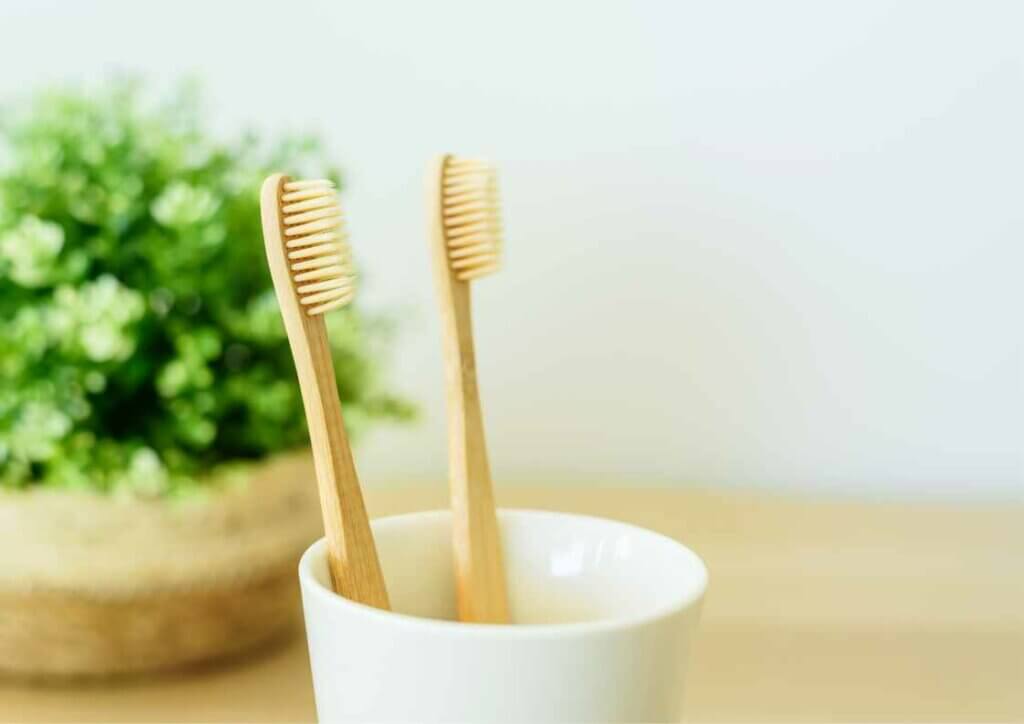
Dental Care For Kids
One of the fundamental hygiene lessons we teach our children is oral hygiene. After all, having a good set of teeth is essential for everyone’s physical and social growth. As we chew our food, it improves nutrient absorption and digestion in our bodies as well as speech development in children.
We should be diligent about taking care of our teeth. One approach to ensure that our children grow up with healthy teeth and gums is to teach them how to practice proper oral hygiene. Strong oral hygiene helps your child develop healthy dental habits as they grow. Poor oral hygiene might result in disease, infection, or other dental issues.
The following routine is involved in basic dental care:

Dental Care For Kids
Table of Contents
Brushing (at least twice daily)
Plaque and cavities can be prevented by brushing with fluoride toothpaste since our mouths are full with microorganisms that may lead to cavities.
Until they are 7 or 8 years old, your child will probably need assistance with tooth brushing. They can start using a larger-sized toothbrush at this point. Every three to six months or when the bristles start to look worn, you should replace your toothbrush. Children should brush their teeth for at least two minutes. A timer is helpful for this or teach them a two-minute song that they can sing to in their head as they brush.
Remember to clean the tongue as well because bacteria can hide there, too. Use a toothbrush with a built-in tongue cleaning if it’s more convenient for you to do so.
Using the proper brushing tools
Use toothbrushes that are most appropriate for your teeth, and pick the fluoride toothpaste that will provide you with the most protection. There are many different brushes available to make brushing enjoyable for you and your children. Keep in mind to brush with just a pea-sized amount of toothpaste.
Fluoride is crucial to your child’s dental health. It has been shown to lessen cavities in both adult (permanent) teeth and baby (primary) teeth. By hardening the tooth enamel, it also aids in strengthening teeth. Fluoride is typically consumed by kids through water. Fluoride is be added to tap water in several cities.
Having a Healthy Diet
Limit your consumption of starchy or sugary foods as they contribute to tooth damage by producing plaque acids. Baking is of course beneficial to kids, but eating sweets often is not. If you can’t help yourself, it’s advisable to have dessert or chocolate with meals rather than as a snack. Also look into sugar alternatives when baking.
Gum chewing is safe for older children. It may have advantages like:
– enhancing jaw strength
– aiding saliva production
– removing food debris
– acid balance that can prevent tooth decay
– improving breath
Gums with xylitol may also help prevent plaque, so it’s ok to have once in a while.
Flossing each day
Our teeth have confined spaces that toothbrushes can’t get to. By removing plaque from in between teeth and below the gum line using floss, tartar buildup is avoided. Introduce your child to daily flossing.
To make flossing easier, you can purchase flosses with a handle.

Dental Care For Kids
Regular Dental Examinations
A minimum of twice a year, visit the dentist. Nothing beats using a cleaning service to prevent cavities.
Your youngster will feel more at ease if they visit the dentist early on. Additionally, it instills the value of routine dental examinations.
Never scare your kids when visiting the dentist. They should learn that dentists help and are not “enemies.”
What Services Does Your Dentist Offer?
Your teeth and gums’ health will be, as expected, improved by your dentist. He or she will encourage you to grin more and feel more confident. A smile gives the impression that you are a happier, more outgoing person. This makes it simpler to start new friendships, romantic connections, or jobs.
What Sorts of Services Do Dentists Offer?
A dentist can replace teeth that are damaged or fractured in addition to simply cleaning your teeth. The majority of dentists are able to do basic oral procedures, such gum surgery, right there in their offices.
When Should You Visit the Dentist?
Make an effort to visit the dentist for dental cleanings at least twice a year. You might want to think about visiting your dentist three or four times a year if you are aware that your teeth are vulnerable to cavities or other problems.
Contact your doctor any of the following occur:
– Your youngster may have a tooth infection or be experiencing tooth pain.
– One of your child’s adult teeth is lost.
– Your kids has swollen gums.

Dental Care For Kids




